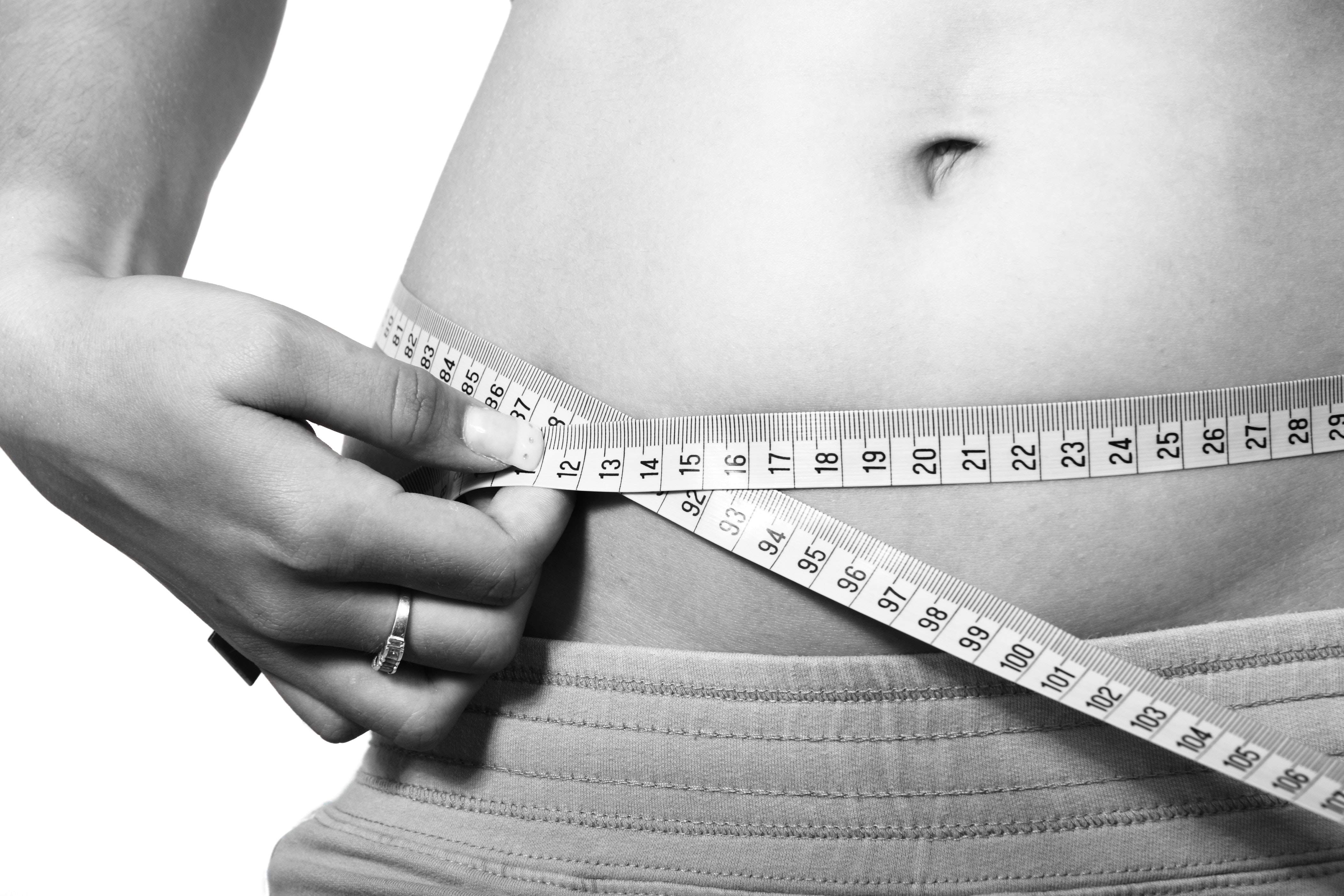Modern-day society is obsessed with dieting, body image and health, and it is impossible to get away from it. Social media is a constant reel of influencers pushing diet after diet, detox after detox and telling us to change our eating habits to be a better, healthier and happier version of ourselves. However, it is time to take a step back and think about whether these eating habits are healthy or disordered.
By definition, ‘disordered eating’ means abnormal and disturbed eating habits that are in turn unhealthy. It is getting harder and harder to detect ‘abnormal’ or ‘disturbed’ eating habits nowadays, as restrictive diets such as ‘fasting’ have come into the scene and have become a ‘normal’ thing to do. As a general rule, most fasting schedules you can find on a health blog or website suggest fasting for around 16 hours a day, allowing for an 8-hour window to eat in. This is argued to be healthy as it aids digestion and makes your body efficiently and effectively use the fuel you put into it, while also making it easier to control calorific intake – but is it too restrictive to be considered healthy or sustainable?
Twitter founder Jack Dorsey took to his platform last week to share that he fasts every day for 22 hours. When compared to the more usual 16-hour fast, it can easily be argued to be a more extreme, and perhaps in turn disordered, variation on fasting. He also added that he recently did a 3-day water fast, where he consumed absolutely nothing but water for those three days. The question has to be asked: in what way is that healthy? Dorsey ponders that “the day feels so much longer when not broken up” by meal times but mentions nothing of the supposed health benefits. With the absence of health benefits claims and scientific findings backing up his choice to fast, it is easier to see how this could perhaps be argued to be disordered eating. People manipulate their eating habits for a multitude of different reasons, and it seems that Dorsey’s choice to do so may be to increase his productivity by ignoring his basic human need to eat – definitely abnormal, most definitely not healthy and certainly not sustainable.
Been playing with fasting for some time. I do a 22 hour fast daily (dinner only), and recently did a 3 day water fast. Biggest thing I notice is how much time slows down. The day feels so much longer when not broken up by breakfast/lunch/dinner. Any one else have this experience?
— jack (@jack) January 26, 2019
Even though Dorsey and the masses of social media influencers we see online today have practically zero qualifications to promote and discuss ‘healthy’ eating habits like fasting and detoxing, they still do. People believe what they are being told or potentially are just more reluctant to question it because it is coming from people with such influence and power, and the information is coming from such successful and seemingly happy people. Even though several Instagram stars have been ‘exposed’ for photoshopping their pictures to make themselves appear thinner or for having class A drug addictions which allow them to maintain their figures, people still buy into their posts claiming the detox tea, that they’ve probably never drank in their lives, is what gifted them their seemingly incredible appearance. This will never be healthy. It’s time for influencers to recognise their power in influencing people’s lifestyle choices and diets, and that ultimately, they could be feeding disordered eating habits and creating insecurities inadvertently. Even though Dorsey is not a tanned size 00 girl on the beach peddling appetite suppressant sweets, his Tweet could inspire people to try and copy his behaviour because he is such a successful person, and he should be aware of this fact.
At the end of the day, the goal posts change every day on what is and what isn’t healthy; there is no distinct line and there probably never will be. Health is relative, and so is disorder, so we should all adopt a balanced lifestyle that makes us happy and keeps us healthy.
Charlotte Peet

